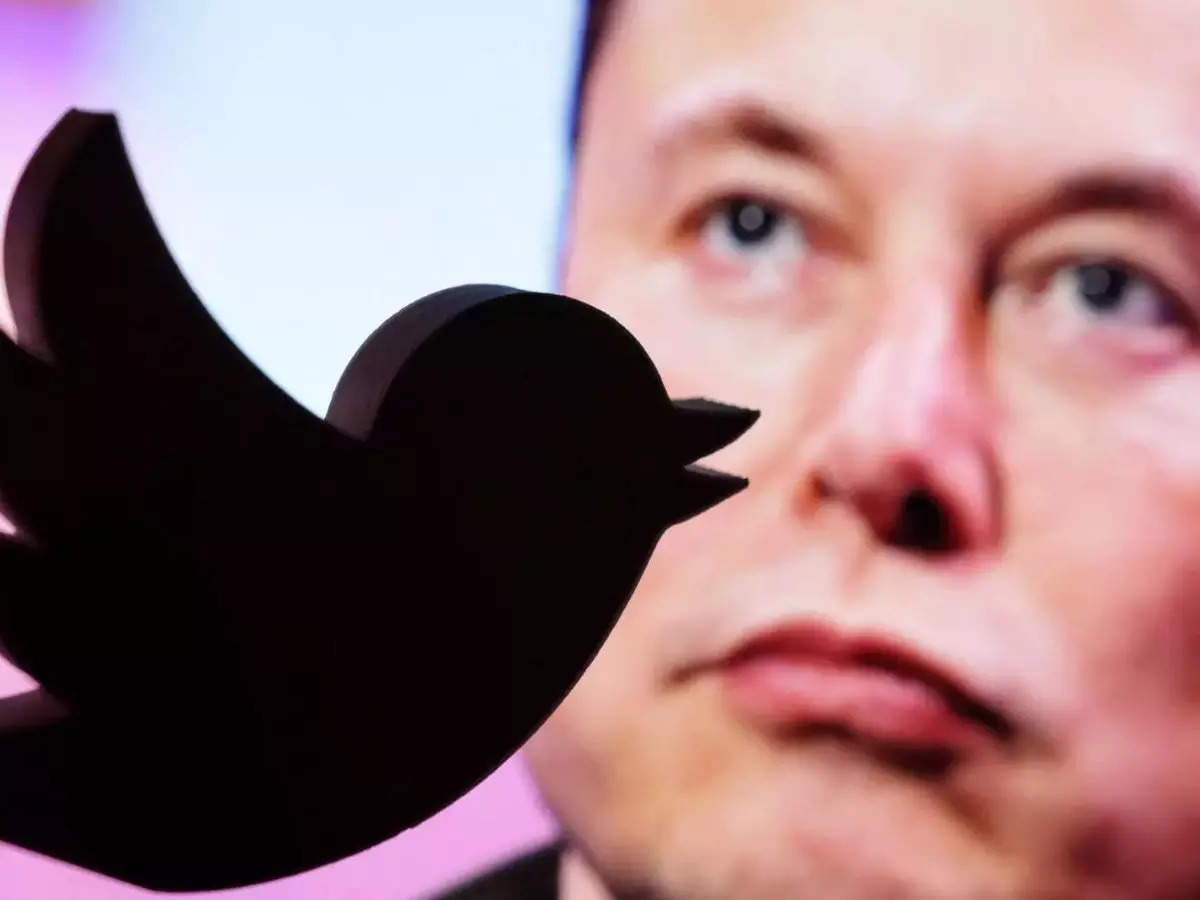“Had Musk wished to preserve his right to tweet without even limited internal oversight concerning certain Tesla-related topics, he had ‘the right to litigate and defend against the [SEC’s] charges’ or to negotiate a different agreement — but he chose not to do so,” the three-judge court panel ruled.
SEC’s settlement agreement for Elon Musk’s tweets
In a complaint filed in September 2018, the SEC alleged that Musk lied while tweeting about having “funding secured” for a private takeover of the company at $420 per share.
Under this settlement, the billionaire agreed to step down as Tesla chairman and pay a fine of $20 million. Tesla also agreed to pay a separate fine of $20 million. SEC explained that the fine against Tesla was imposed as the company failed to provide disclosure controls and procedures relating to Musk’s tweets.
However, this settlement didn’t end the issue with Musk’s tweets. The SEC also had an issue with Musk’s other tweet. This tweet alleged Musk of posting previously unknown material information that Tesla would produce “around” 500,000 cars this year. Later on, he corrected the tweet to explain that he meant the company will be producing at an annualised rate of 500,000 vehicles by year-end.
Musk was held by the SEC in contempt for violating the 2018 agreement. A judge then ordered Tesla, Musk and the SEC to resolve the dispute by working out their differences and coming to a new resolution. In April 2019, the concerned parties reached an agreement that gave Musk freedom to use Twitter but with certain limitations.
Elon Musk’s Twitter sitter: What is it
One of the requirements in the SEC securities fraud settlement agreement included a Twitter sitter for Musk. This is a Tesla lawyer who is supposed to review some of Musk’s company-related tweets.
Under this limitation, Musk can tweet as he wishes except when it’s about certain events or financial milestones of the company. According to the agreement filed with Manhattan federal court, in such cases, Musk needs to seek pre-approval from a securities lawyer.
Musk’s lawyers made a motion to end the 2018 consent decree in 2022. His lawyers alleged that the SEC had misused the settlement to “launch an endless, boundless investigation” of Musk’s speech and intruded on his First Amendment right to free speech.
function loadGtagEvents(isGoogleCampaignActive) { if (!isGoogleCampaignActive) { return; } var id = document.getElementById('toi-plus-google-campaign'); if (id) { return; } (function(f, b, e, v, n, t, s) { t = b.createElement(e); t.async = !0; t.defer = !0; t.src = v; t.id = 'toi-plus-google-campaign'; s = b.getElementsByTagName(e)[0]; s.parentNode.insertBefore(t, s); })(f, b, e, 'https://www.googletagmanager.com/gtag/js?id=AW-877820074', n, t, s); };
window.TimesApps = window.TimesApps || {}; var TimesApps = window.TimesApps; TimesApps.toiPlusEvents = function(config) { var isConfigAvailable = "toiplus_site_settings" in f && "isFBCampaignActive" in f.toiplus_site_settings && "isGoogleCampaignActive" in f.toiplus_site_settings; var isPrimeUser = window.isPrime; if (isConfigAvailable && !isPrimeUser) { loadGtagEvents(f.toiplus_site_settings.isGoogleCampaignActive); loadFBEvents(f.toiplus_site_settings.isFBCampaignActive); } else { var JarvisUrl="https://jarvis.indiatimes.com/v1/feeds/toi_plus/site_settings/643526e21443833f0c454615?db_env=published"; window.getFromClient(JarvisUrl, function(config){ if (config) { loadGtagEvents(config?.isGoogleCampaignActive); loadFBEvents(config?.isFBCampaignActive); } }) } }; })( window, document, 'script', );
For all the latest Technology News Click Here
For the latest news and updates, follow us on Google News.


